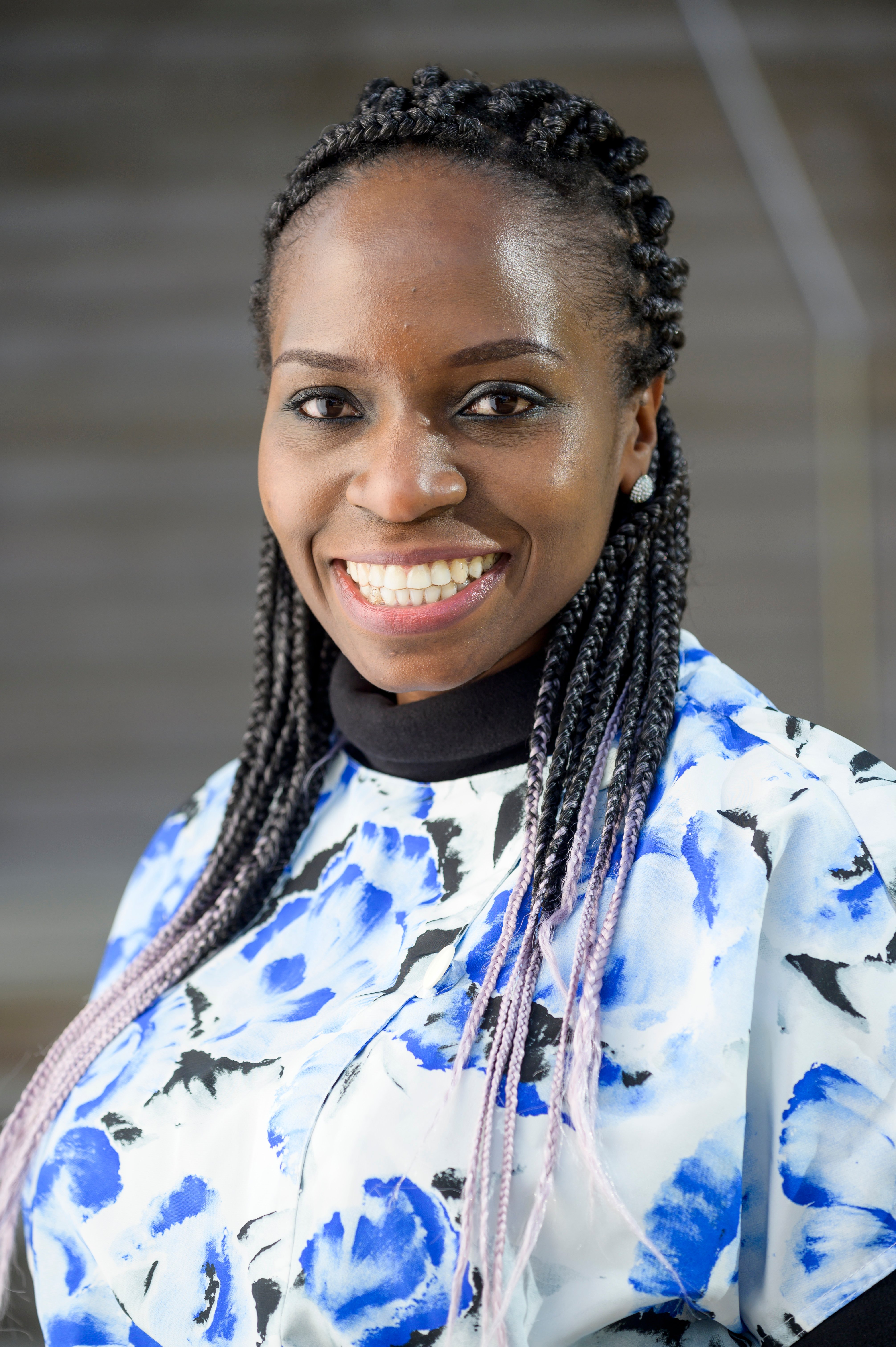
As a Nigerian who was an MBA applicant and is now an admissions professional, I wear the hats of both the GME applicant and the admissions officer comfortably. Building on the tips from my January publication, this blog shares two more ways to help you increase your recruiting success in Africa.
1. Leverage on-ground resources such as GMAC, prep centers, or MBA consultants.
The challenge with the continent´s diversity is that even after narrowing it down to a few countries, it will still be difficult to have successful huge outreaches unless you already have a strong brand name. Access to structured and accurate data in Africa adds an extra layer of complexity. So, make your life easier by leveraging local and on-the-ground resources like GMAC Africa, admissions consultants in the region, and test prep centers. While the last two are quite small and fragmented, they are usually very enthusiastic to help, and once they know that you want to connect with their students, it will spread like wild-fire—the ubuntu principle, which ensures people are looking out for one another, works fruitfully here to your advantage.
But a good scrutiny of all information (documents, exam results, certificates) you receive is essential.
One of the downsides to Africa´s large, heterogeneous, and complexly structured information system is that it gives room for fraud to have a field day with data falsification. When people are desperate to escape their economic instabilities, they can do desperate things to achieve their goal. This includes data doctoring to fit what they believe the schools are looking for.
Of course, this is certainly not in all cases, and there are countries where fraudulent practices are more predominant than others, going by the Global Corruption Perceptions Index. However, even in those countries, there are still so many brilliant and genuine professionals that one cannot afford to discard these markets at all, so it calls for good information scrutiny. Review the documents you receive thoroughly and develop a rigorous verification system. Check with your embassies or consulates if they conduct such stringent checks as well, and leverage their local intelligence.
2. Truly embrace the nuances of diversity.
In assessing African candidates, you need to wear different lenses all the time and find new ways to check for your recruitment metrics. For instance, multicultural awareness or international exposure should not be limited to how much international travel experience the candidates have had. Chances are that the majority of the candidates have never had a chance to live outside of their home country—visa requirements are relatively tougher for Africans than other continents. Rather than check for how much they have seen the world, test for their multicultural literacy through what they have read. A good number get great cultural insights from books, documentaries, and movies they have seen. They will surprise you by how much they know of cultures they have never set foot in. It also gives you an idea of their curiosity and open-mindedness—a key quality in any good GME candidate.
Also, looking for the same cultural cues you find in one African country in another might completely lead you off-track. In one place, you might find very gentle, polite, and "nice" candidates, almost to an uncomfortable level, and in another, they will be brash, uncouth, loud, and talking over one another.
I was recently at an MBA fair in a city in Africa, and at the end of the fair, my colleagues felt exhausted and drained. It was not so much about the number of candidates as it was about their intensity. We had had a completely different experience from the city we had been to 24 hours earlier, where they seemed a lot calmer.
But don’t let that dissuade you from taking a chance. When we seek diversity, we should also be open to embracing all the different shades it comes with, which includes individuals who might not appear as refined as their Western counterparts. Taking a chance might reveal that behind the brashness is a raw, brilliant talent just waiting to be polished, and that any company post-GME will be lucky to hire. Don’t miss out on that talent—and even more so, help in the transformational journey of these talents.
Many people believe there is a need to help Africa, and perhaps they are right, but at the same time, there is a lot the Western world can learn from Africa. The GME industry is one of the major ways to create this knowledge fusion and transfer, and we are lucky to be part of the game-changers. Let us make the most of that opportunity.
These tips originally appeared in GMAC's Membership Matters, a bimonthly newsletter for GMAC member schools.
